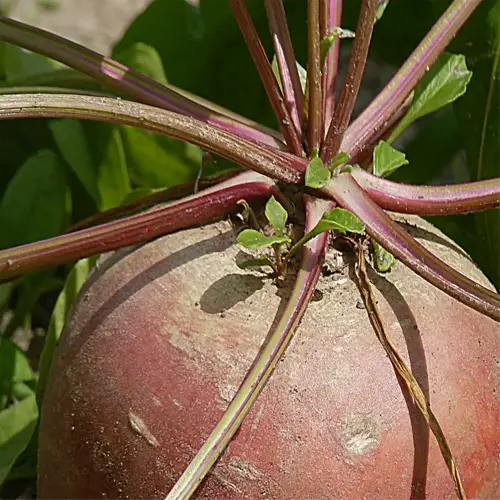Is walnut farming profitable?

Written by
Liu Xiaohui
Reviewed by
Prof. Charles Hartman, Ph.D.Patience is a great requirement in growing walnuts, but the benefits are two-fold. After a 30-year investment in growing black walnuts, I now harvest 70 pounds' worth of nuts each year and timber sells for $15/ft³. The factors that make growing walnuts profitable for me are balancing nut prices, controlling diseases, and land costs. I have optimized these factors through trial and error.
Revenue Streams
- Nut yields: 50-80 lbs/tree sold at $2-$4/lb (organic)
- Timber value: Black walnut averages $10-$15/ft³
- Carbon credits: Mature trees sequester 48 lbs CO₂/year
Cost Management
- Pest control: $120/acre/year for husk fly sprays
- Labor: Pruning costs $8-$12/tree annually
- Land: Minimum 10 acres for commercial viability
Market Variables
- Organic walnuts fetch 40% price premiums
- Timber buyers require 18+ inch diameter trunks
- Global demand grows 3.8% yearly (2020-2030)
When disease outbreaks occur, profits go down. A phytophthora outbreak in my orchard in 2015 left me with $18,000 in lost nuts and treatments. I now plan for about 15 percent of my annual revenue to deter disease outbreaks by budgeting for prevention, soil tests, resistant rootstocks, and aerial pest monitoring using a drone. Insurance covers about 60 percent of total losses, but the premiums will consume excess income at about 8 percent of gross.
Optimize returns through intercropping. I cultivate shade-tolerant ginseng between black walnut tree rows, generating about $30,000/acre while trees grow. Do not intercrop allelopathic crops like alfalfa, as it hinders growth. Diversifying helps stabilize returns related to price fluctuations. It will take expertise in multiple commodities to diversify into other markets.
Read the full article: How to Grow Walnuts: 7 Essential Steps for Healthy Trees

